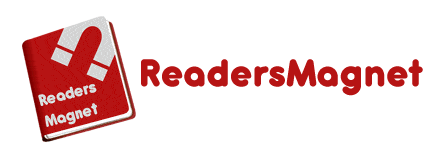Consider your editor as your friend or, at least, encourage yourself to believe so. However grammar freak you think your editor is, you know that writing is more complicated than deleting a word and changing it with someone’s preferred diction. Befriend your editor for you to have a more refined literary tour de force.
Building healthy writer-editor relationships is critical to your career. Sometimes, it appears that editors and writers live in different worlds having a hard time understanding each other. The fact is that many editors are also writers or former writers. Also, many writers are editors of some sort (as an additional job, a freelance gig, or a habit). With that, writing and editing are not really worlds apart.
Related Post: What You Have to Know to Finish Your Book Project
Reflect on your writing.
To understand the deleting, cutting, and revising procedure of your write-ups, help yourself by reflecting on your writing style. By having a more profound awareness of how you communicate yourself through writing, you’re better off understanding your editor and the changes made to your work.
Writing, as you know it, is a complicated procedure of putting words of the alphabet into an intelligible sentence and paragraph. Grasping how you do this craft is significant to your career in general and your editor in particular.
Related Post: How to Create a Bulletproof Book Proposal
Understand what editing is.
Once you already have significant knowledge or awareness about how you write, follow grammar rules, integrate punctuation marks, and pick the right words or terms, you need to capture the possible errors you’ve committed as well. Yes, you are a writer, and you must also be a good editor of your work. But, allowing an editor to review your writing is necessary to make it more reader-friendly.
What’s good with editors is that they don’t just read. They read critically with a purpose: To make your book publishable. A manuscript full of errors (not just in grammar but also in punctuation, diction, and usage) is expected to be rejected by publishers and readers. This is where editing (and editor in particular) is of significant use in publication.
Communicate your thoughts.
You have to accept that you don’t see words like others. Avoid assuming that your reader or editor already understands because you understand how you write a phrase or a whole sentence. Instead of yelling at your editor to restore how your wording is written initially, communicate or make the editor know what you mean in the sentence. In every relationship, healthy communication makes everything better than breaking connections.
You might also want to know if your editor follows a specific style guide. For instance, you might use the APA Style while your editor is using The Chicago Manual of Style, a stricter guide, especially for academic writing. This way, you can build the gap that separates you from your editor and create healthy writer-editor relationships.
To know how we can help you, don’t hesitate to reach out to us here at ReadersMagnet. We’re more than glad to hear from you soon at 1-800-805-0762. Alternatively, you may send a message to info@readersmagnet.com. We are here to help you.


Trackbacks/Pingbacks